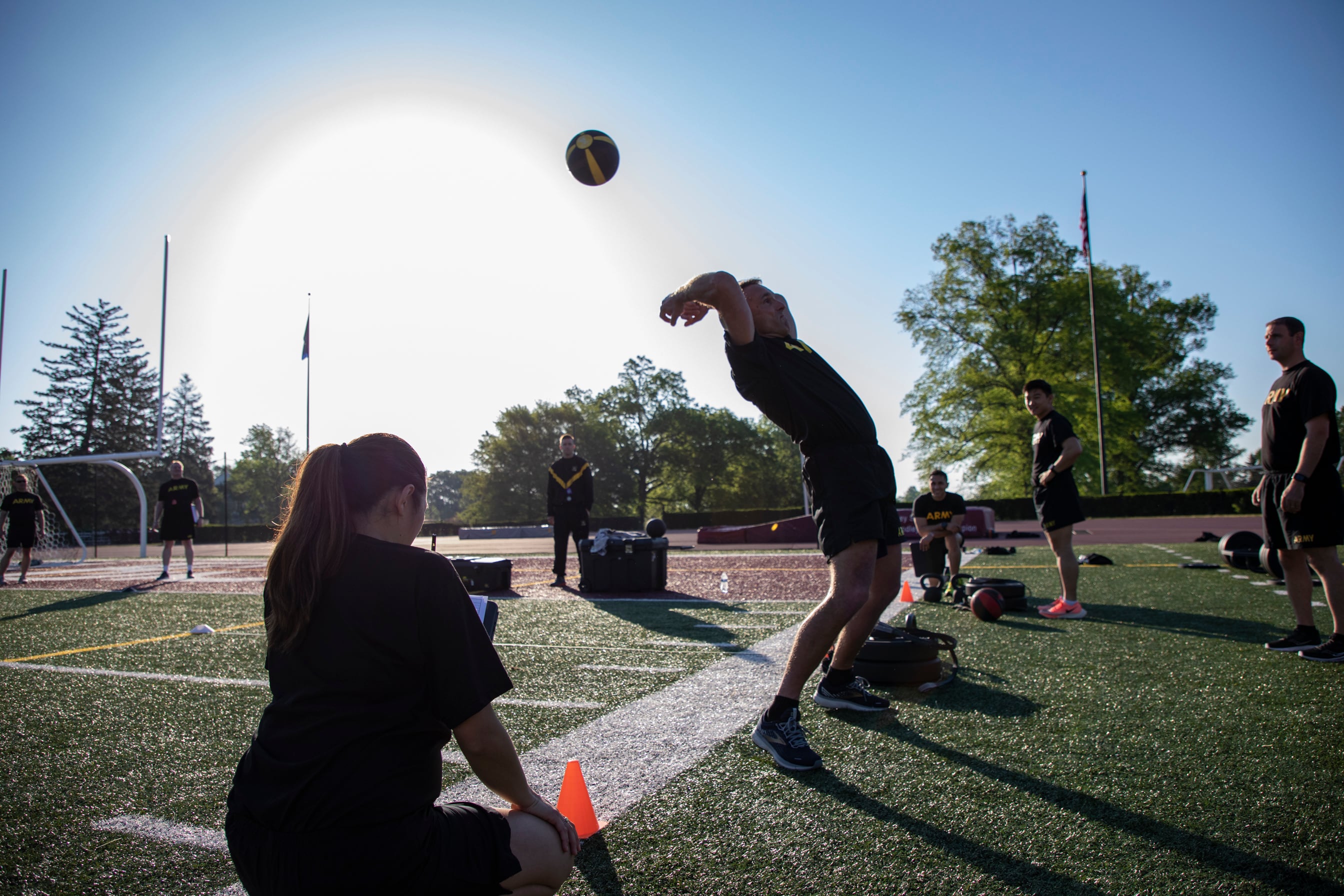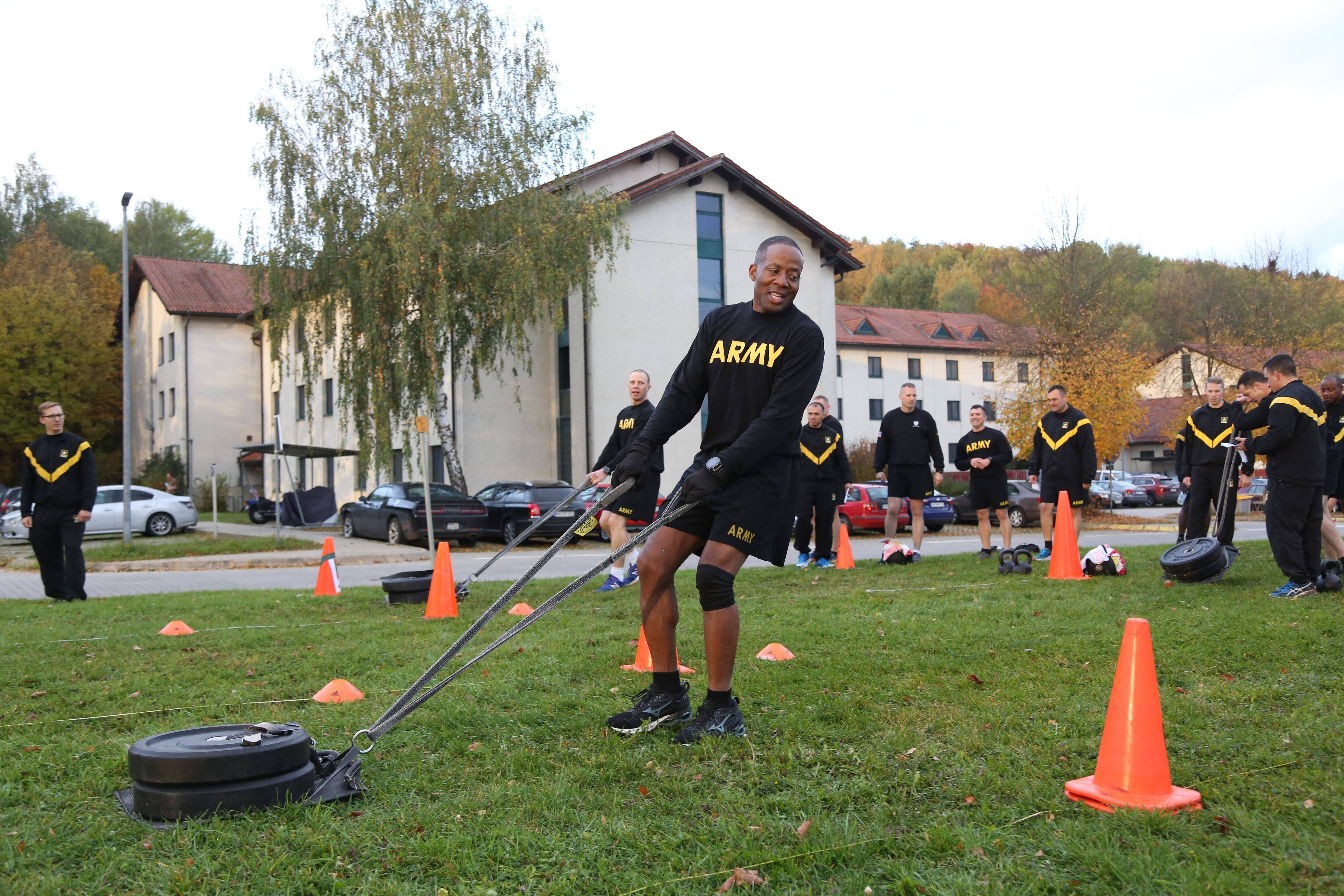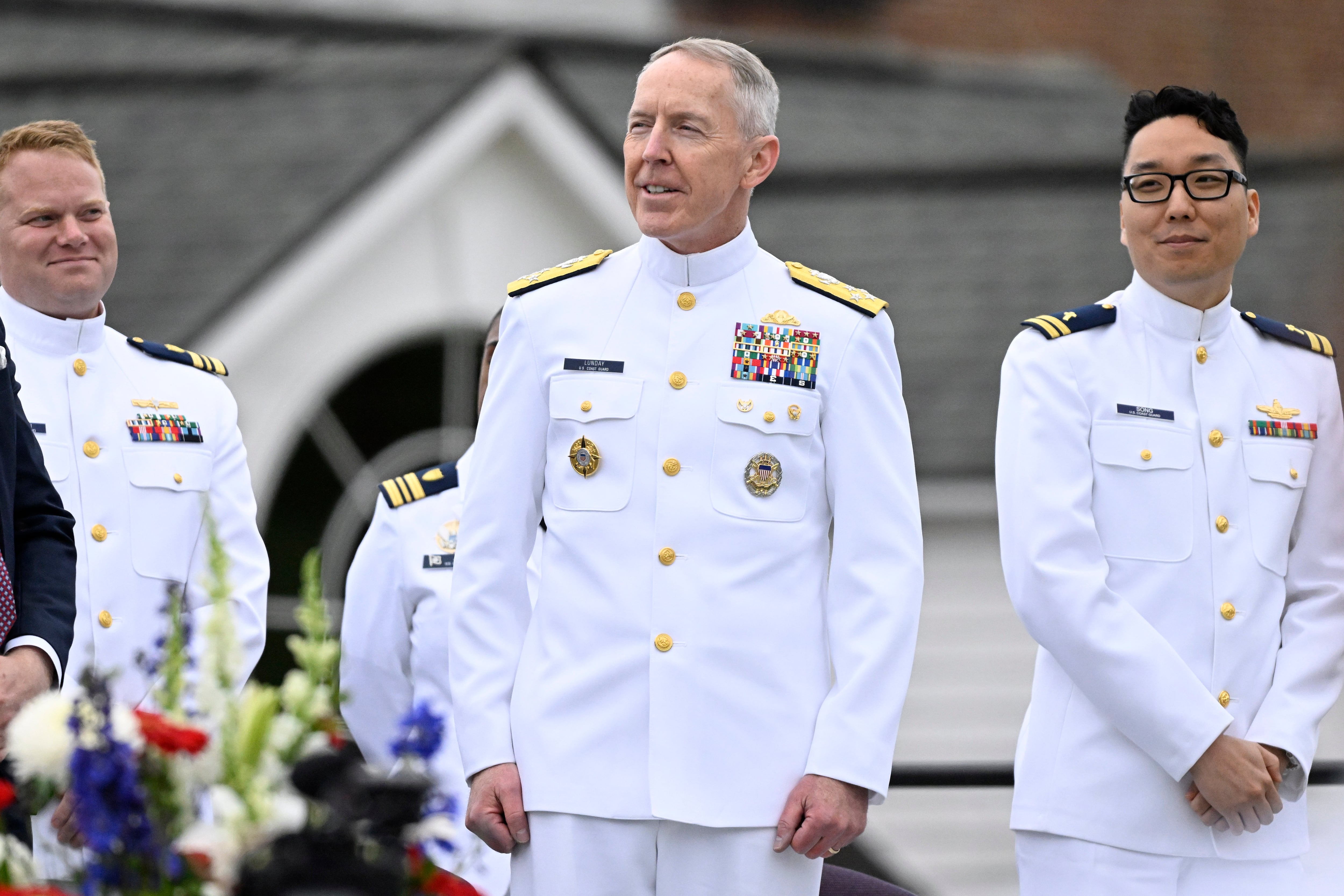Senate lawmakers unhappy with the newly revised Army Combat Fitness Test want service leaders to develop stronger fitness standards for soldiers most likely to see combat, congressional sources told Military Times Wednesday.
The move would also require all of the armed services to consider separate fitness standards for troops in non-combat jobs, to ensure that a more difficult fitness test wouldn’t force out, for example, medical and cyber specialists whose jobs may call for different physical skills.
RELATED

In the long-term, the changes could mean a radical rethinking of military fitness requirements across the services.
But short-term, the provision is a rebuke for Army officials who have spent the last several years tweaking their fitness test in response to previous criticism from Congress that the events were overly strenuous for service members in support roles.
Army officials launched the revised test in the spring, following an independent review ordered by Congress into shortcomings with the test. All active-duty and Guardsmen are scheduled to transition to the new test this fall, and Reservists are scheduled to switch next spring.
The new test includes new age- and gender-specific scoring tables similar to the old Army Physical Fitness Test; a 2.5-mile walk has been added as an alternate aerobic event for troops whose medical profiles prevent them from running; and the elimination of the leg tuck as a core event.
The current ACFT is somewhat pared down from its predecessor, which was specifically designed as an age- and gender-neutral test with different standards based on whether a soldier’s job requires “heavy,” “significant” or “moderate” physical effort.
But after large numbers of women were unable to meet the minimum requirements, the Army amended the events and created a new scoring system with different standards for age and gender, changing its messaging to describe ACFT as an elevated fitness test, rather than a readiness evaluation.
RELATED

Officials said the revisions were designed to provide “an assessment for the physical domain of the Army’s Holistic Health and Fitness System” and not an predictor of battlefield success. Leaders also discussed whether the word “combat” should be dropped from its name, although it was ultimately kept in.
The changes have been in place for only about two months, but members of the Senate Armed Services Committee on Wednesday voted in closed-door deliberations over the annual defense authorization bill to create a requirement for a supplemental test in addition to the ACFT’s baseline standards.
“Servicemembers in military occupational specialties requiring close enemy combat must meet rigorous physical fitness requirements to ensure operational mission success,” report language in the authorization bill stated.
The amendment calls for Army officials to provide new “sex-neutral high fitness standards” for Army combat jobs by next summer, if the NDAA passes, as usual, this winter. The new requirements would be “higher than those for non-combat [jobs].”
Accompanying report language also requires that the Defense Department come up with a separate list of close-combat jobs, briefing SASC on the physical requirements for them and their reasoning behind selecting those jobs no later than Feb. 1.
The provision — introduced by Sens. Joni Ernst, R-Iowa, and Tom Cotton, R-Arkansas — was approved by a bipartisan voice vote with several Democratic members speaking in support of abandoning the new Army test, according to congressional sources.
Committee officials would not comment on the ongoing deliberations over the authorization bill.
Whether the provision will become law remains unclear. The full Senate is expected to vote on the sprawling defense authorization bill next month, and then begin negotiations with House lawmakers on a compromise version for consideration later this fall.
House Armed Services Committee leaders have not said whether they plan to include similar language in their authorization bill when they mark up their initial draft next week.
Leo covers Congress, Veterans Affairs and the White House for Military Times. He has covered Washington, D.C. since 2004, focusing on military personnel and veterans policies. His work has earned numerous honors, including a 2009 Polk award, a 2010 National Headliner Award, the IAVA Leadership in Journalism award and the VFW News Media award.
Meghann Myers is the Pentagon bureau chief at Military Times. She covers operations, policy, personnel, leadership and other issues affecting service members.





